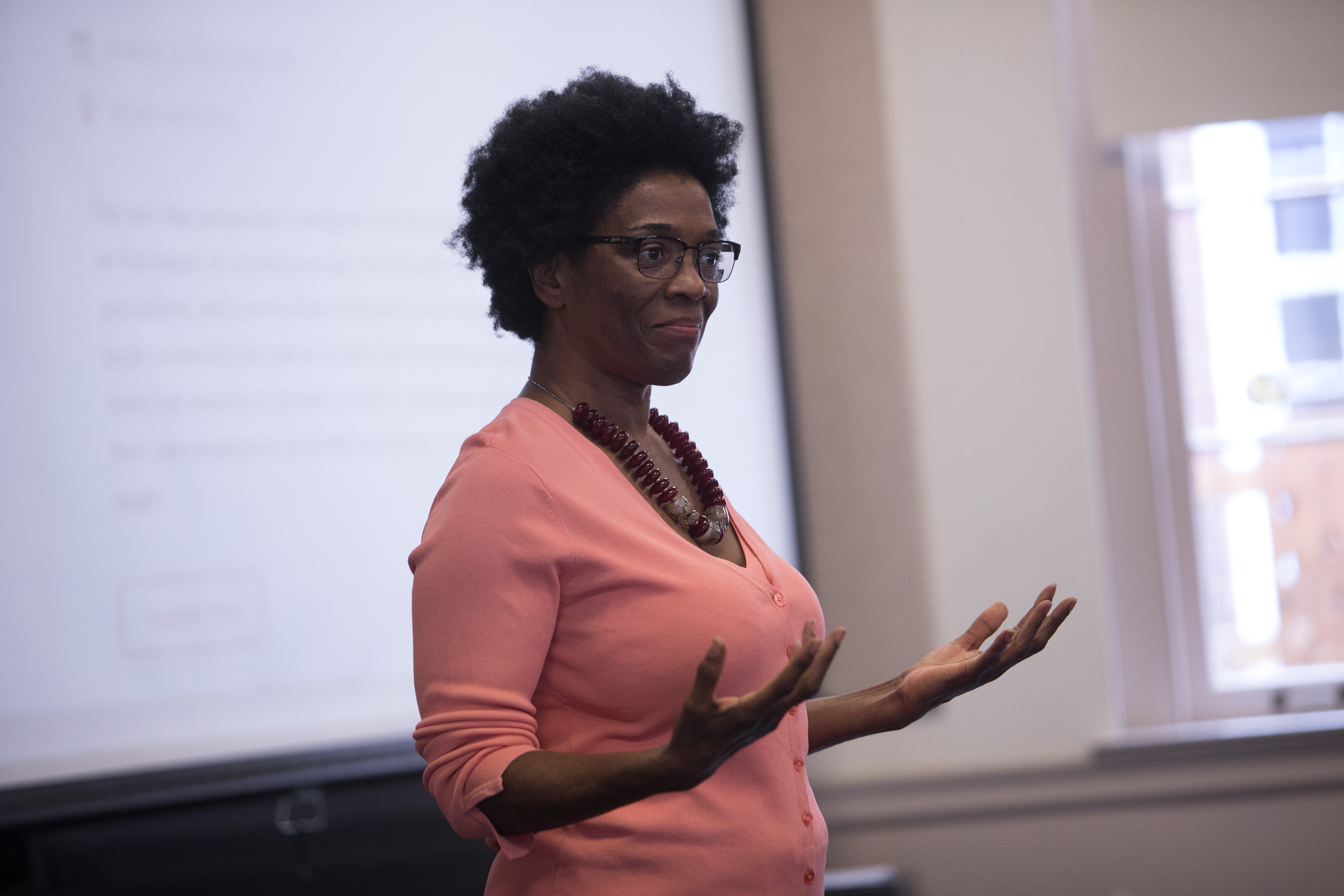
My research focuses on medical anthropology and race and gender in organizations. I like to teach courses which take a commonly assumed human universal phenomenon – girlhood, death and dying, health care – and critically explore with my students the different cultural shape and meanings found across and within societies of these seemingly familiar human experiences.
A recent class on the Anthropology of Girlhood discussed the ways that rural girls and boys are provided very different options as they think about their lives as adults. Boys are encouraged to stay local in the masculine rural, while girls envision lives lived globally in feminized urban cosmopolitan settings. Students paired the discussion with their own retrospective reflections of how their “possible selves,” were and are shaped by cultural logics that are gendered and stratified.
It is not unusual for me to invite undergraduates to work on my research projects or to develop their own. If you ask students who have taken a course with me, they will tell you that I encourage and expect that they want to contribute to the conversation. They may also have noticed that I am genuinely gleeful when someone finally understands a complicated argument or brings new insights from their personal experience or complementary concepts learned in another course.
Having an infusion of different disciplines and perspectives dropped into the anthropological fundamentals of the subject material keeps me and, I hope, my students continually learning and engaged. When someone tells me that they shared an article we read together with a parent or friend, that is high praise as our work in the classroom pushes out to new audiences and contexts.
